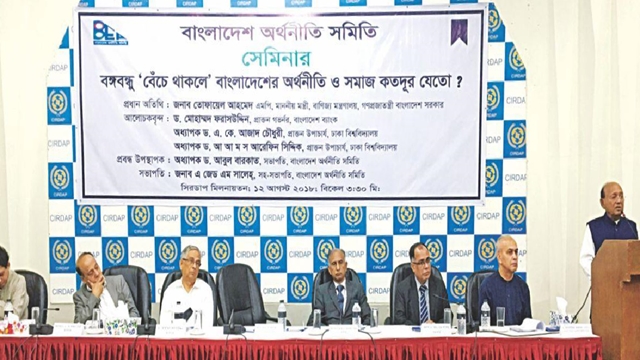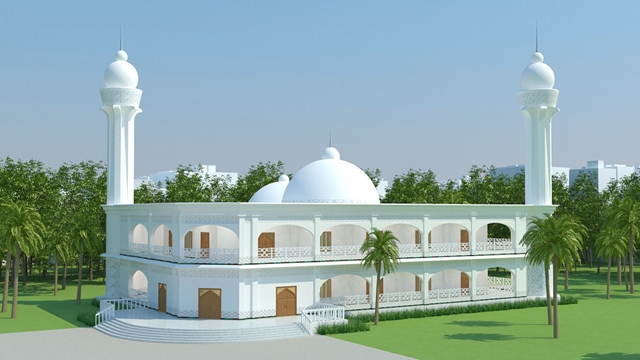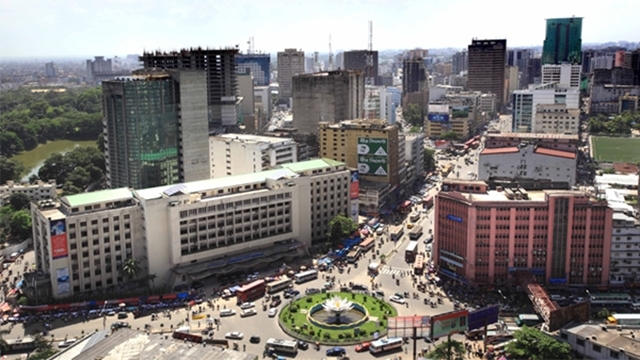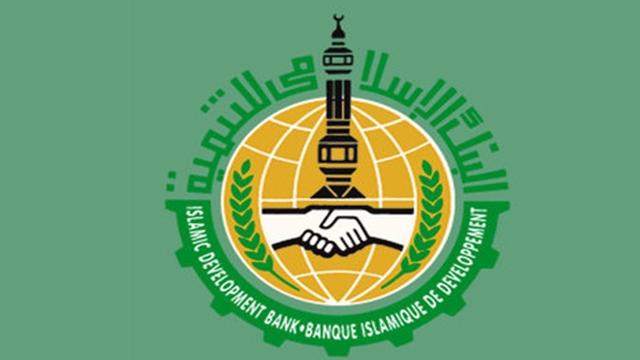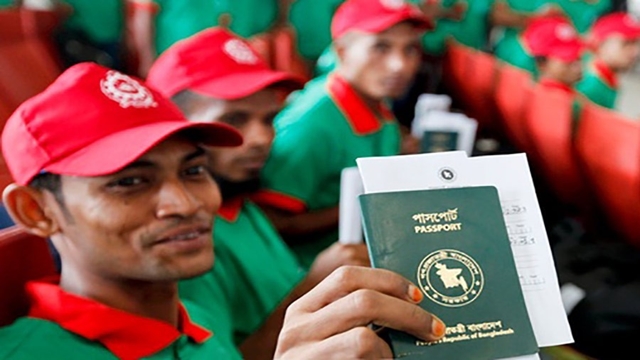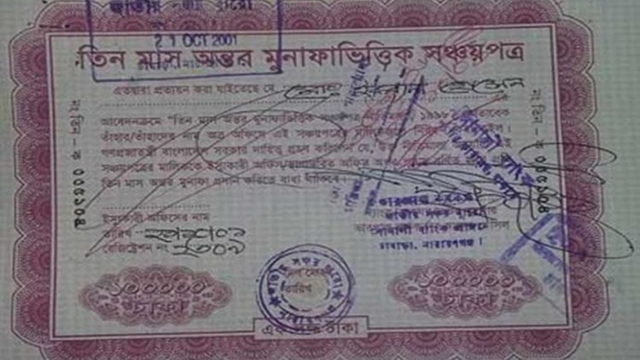Rubel Rana
Published:2018-08-13 16:49:23 BdST
Bangabandhu would have ensured exponential development
FT ONLINE
Bangladesh would have been the Switzerland of the East if Bangabandhu Sheikh Mujibur Rahman was still alive, said Commerce Minister Tofail Ahmed.
He had two goals: one was the independence of the nation and another building a prosperous and poverty-free Bangladesh.
“But, he was assassinated just as he put the country on the path of development,” Ahmed said at a seminar styled “how far would have Bangladesh's economy and society advanced had Bangabandhu been alive?”
The Bangladesh Economic Association organised the seminar at the CIRDAP to commemorate Bangabandhu's 43rd death anniversary.
Affectionately christened the Father of the Nation, Rahman was assassinated along with most of his family members at the crack of dawn on August 15, 1975, by some disgruntled army officers.
His two daughters -- Sheikh Hasina, now the prime minister, and Sheikh Rehana -- survived as they were out of the country at that time.
“He was very wise and had farsightedness,” Ahmed said, citing the inauguration of the satellite earth station at Betbunia in 1974 as a case in point.
In 1972, the life expectancy was 39 years; now, it is 72 years. Exports, which were only $348 million after independence, is now $36.7 billion.
“We are ahead of Pakistan in many socio-economic indicators and in some cases ahead of India too,” Ahmed added.
At the event, BEA President Abul Barkat in a paper said Bangladesh's GDP would grow 9 percent annually. It would have been 2.7 times that of Malaysia were Bangabandhu still around.
In 2011, Bangladesh's GDP would have been $421.58 billion, far exceeding the GDP of Malaysia's, which was $154.26 billion. At the same time, the per capita income would have crossed Malaysia's.
Had Bangabandhu's development philosophy implemented, the income divide between the rich and the poor would have narrowed.
“The percentage of rich would have been 0.07 percent and the percentage of poor would have been the same if Bangabandhu was alive.”
The middleclass would account for 98 percent of the population by 2011.
Now, the middleclass comprises 31 percent of the population, Barkat said, adding that the killers had not only slain a patriotic leader but also the future of a promising and progressive nation.
At the discussion, former Bangladesh Bank governor Mohammed Farashuddin said the country's per capita income has exceeded Pakistan's in 2017.
The economy grew at 4 percent from 1971 to 1973. In fiscal 1974-75, when Bangabandhu was assassinated, the growth rate was 8 percent, he said.
“He wanted to see smiles of people in distress by establishing a society free from discrimination,” said AAMS Arefin Siddique, former vice-chancellor of the University of Dhaka.
Bangabandhu vowed to root out corruption after his return and had started work on that, he said. Equity was very important to Bangabandhu, said AK Azad Chowdhury, another former VC.
Unauthorized use or reproduction of The Finance Today content for commercial purposes is strictly prohibited.


